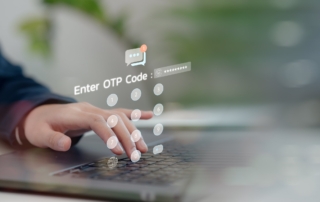How Cybersecurity Frameworks Guide Compliance
In today’s digital landscape, the stakes for cybersecurity compliance have never been higher. Organizations across industries face an evolving maze of regulations, from data privacy laws to sector-specific security requirements. Cybersecurity frameworks play a critical role in navigating these obligations, [...]
How to Develop a Ransomware Recovery Communication Protocol
Ransomware attacks continue to rise in both frequency and sophistication, making clear and coordinated communication essential during a crisis. In the first moments of an attack, confusion can lead to missteps, delayed responses, and greater damage. A Ransomware Recovery Communication [...]
Why Security Information Classification Matters
In today’s interconnected business environment, the volume of data organizations create, store, and share is growing at an unprecedented rate. With that growth comes increased risk—cyber threats, accidental disclosures, and compliance violations can all cause lasting damage. A Security Information [...]
How to Perform a Cybersecurity Gap Analysis
In today’s digital environment, no organization can afford to overlook the state of its cybersecurity. Threats are evolving daily, and even the most advanced systems can harbor hidden vulnerabilities. A cybersecurity gap analysis is a structured approach to identifying weaknesses [...]
The Benefits of Decentralized Backups for Ransomware Defense
Decentralized Backups: A Strong Defense Against Ransomware Ransomware remains one of the most disruptive threats in today’s cyber landscape. This type of malware encrypts a victim’s files and demands payment for their release — often halting operations, costing millions in [...]
Using Honeypots to Learn and Detect Threat Actors
In today’s fast-moving digital environment, cyber threats evolve daily. Attackers are constantly refining their techniques to bypass security measures, steal sensitive data, and disrupt operations. As organizations work to defend their systems, proactive detection strategies have become essential — and [...]






